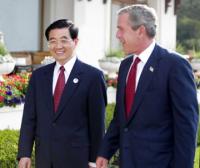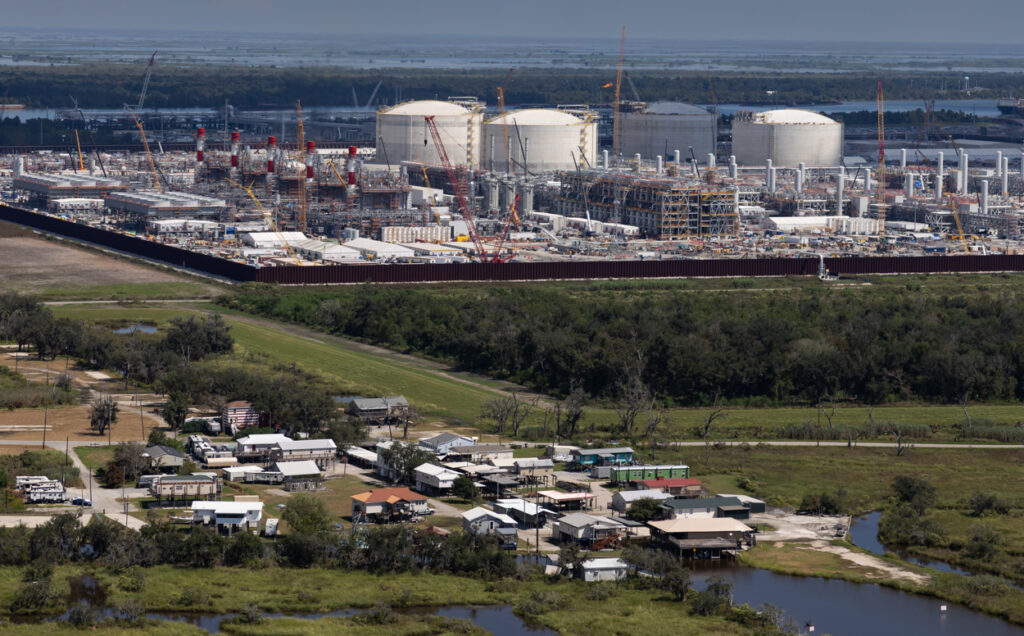If members of the 187 nations in Bali, Indonesia, are going to reach explicit agreement on a successor to the Kyoto Protocol, the world’s largest greenhouse-gas spewers are going to have to come on board.
The U.S. and China are responsible for some 40 per cent of global emissions and their commitment is essential to rein in global warming.
Neither has shown willingness to make concessions, however, thus reducing the current round of talks to a political tap-dance.
With China and the U.S. at loggerheads, Bali delegates have discounted the possibility of real progress and are using the talks to set the stage for a new treaty by the end of 2009.
Currently, The Kyoto Protocol binds 36 nations to cut gases by a combined 5.2 percent from 1990 levels by 2012. U.S. President George W. Bush has refused to ratify Kyoto, which doesn’t set goals for China.
Each country says they want the other to take on binding commitments to limit emissions in a new accord. China’s officials say the country needs to expand its economy, while the Bush administration says it is concerned that emissions caps will harm economic competitiveness.
China also argues that developed countries should lead by example in cutting emissions and energy use, transfer technology and financial assistance to developing countries, and not expect China to do as much to control warming as the U.S. or Europe because it needs to consume energy to generate growth and reduce poverty.
Ultimately, China – and India, for that matter – must be part of the equation. Both were exempted from making commitments to reduce emissions at Kyoto on grounds that industrialized countries bore the heaviest historical responsibility.
Given the runaway growth in both countries, however, that argument is no longer sustainable. But it would be much easier to persuade China, India and others to adopt aggressive policies if the U.S. and Canada were already on board.
Subscribe to our newsletter
Stay up to date with DeSmog news and alerts







